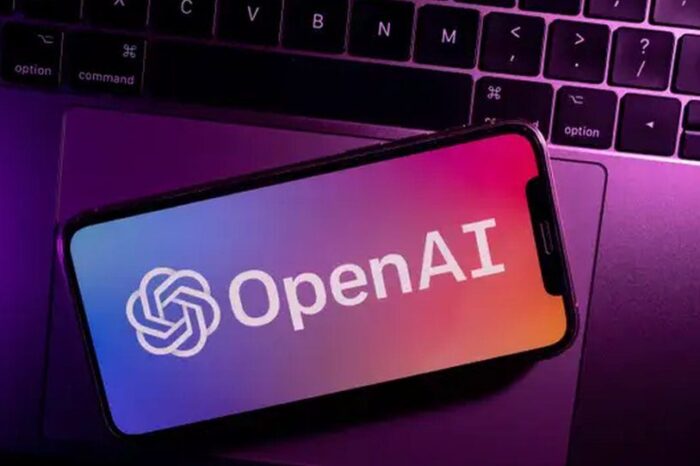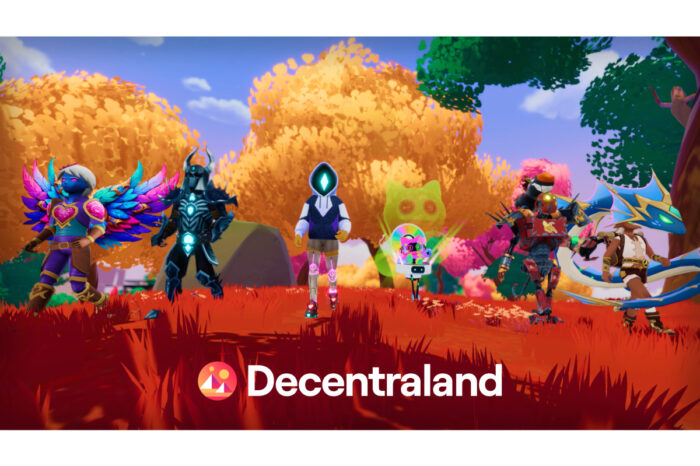TikTok parent ByteDance fires intern for planting malicious code in AI models, denies sabotage claims

Artificial intelligence (AI) has gained widespread adoption since the launch of ChatGPT two years ago, revolutionizing areas like personalized recommendations and automated decision-making. However, without adequate safeguards, even small disruptions can distort AI outputs, leading to inaccurate or harmful responses. ByteDance recently encountered such a challenge when an intern interfered with an AI training project, highlighting the critical need for stronger protections in AI development.
According to multiple reports, ByteDance dismissed an intern for tampering with the company’s AI model training processes, stirring significant discussion across social media. ByteDance stated that the individual “maliciously interfered” with a research project, but the company denied claims of widespread damage or major financial losses.
In a post shared on the Chinese social media site Tuotiao, ByteDance addressed the situation, clarifying the details surrounding “interns destroying large model training” and confirmed that one intern had been fired in August.
Initial rumors suggested the intern’s actions affected over 8,000 graphical processing units (GPUs) used in AI model training, leading to losses of tens of millions of dollars. ByteDance has called these claims “seriously exaggerated,” insisting that its core commercial projects and larger AI models were unaffected by the interference.
“The individual was an intern with the [advertising] technology team and has no experience with the AI Lab,” ByteDance said, adding that “their social media profile and some media reports contain inaccuracies,” BBC reported.
The intern, who worked with ByteDance’s commercial technology team rather than its AI Lab, was fired in August for what the company described as “serious disciplinary violations.” ByteDance further clarified that misleading information about the intern’s role had been shared on social media, including claims that the intern was associated with the company’s AI Lab, which is responsible for developing the Doubao chatbot and other AI products.
While ByteDance acted quickly by informing the intern’s university and relevant industry bodies, the company is still facing public skepticism. Some commentators on social media allege that the damage caused by the intern was more significant than ByteDance has acknowledged, with one user suggesting that months of research were lost due to the disruption.
This incident comes at a critical time for ByteDance, as it faces growing competition in the AI space. The Chinese tech giant has struggled to keep pace with rivals like Baidu, which claims to have developed an AI chatbot on par with OpenAI’s ChatGPT. ByteDance’s own Doubao chatbot failed to gain traction, and the company has since ramped up efforts to catch up, securing a $10.8 billion loan to support its AI and e-commerce initiatives.
Retaining top AI talent has become another hurdle for ByteDance, as the company saw a wave of AI experts leave earlier this year. With fierce competition from local giants like Tencent and Alibaba, ByteDance is under pressure to innovate and maintain its standing in the global AI race. However, ongoing regulatory challenges, including potential privacy concerns and the looming threat of a TikTok ban in the US, have further complicated its position.
Despite these challenges, ByteDance remains committed to expanding its AI capabilities, with TikTok recently rolling out new generative AI features to enhance user engagement. As the company navigates these turbulent waters, incidents like the intern’s alleged sabotage serve as a reminder of the complexities involved in securing and maintaining a competitive edge in the AI-driven tech landscape.
Founded in 2012 by Zhang Yiming, ByteDance is the owner of the video-sharing social networking services and apps TikTok and Douyin, the Chinese-specific counterpart to TikTok. The company owns a series of content platforms that enable people to connect with consuming and creating content through machine learning technology.

ByteDance




